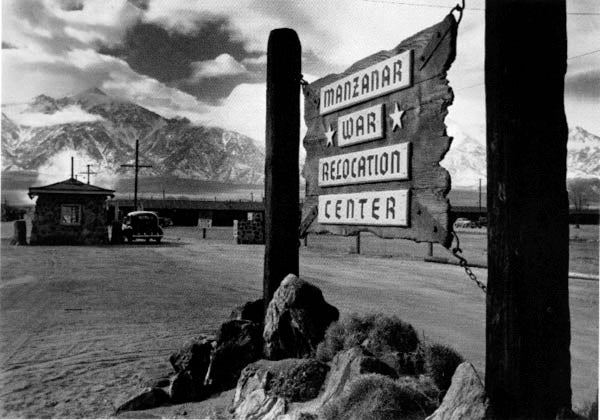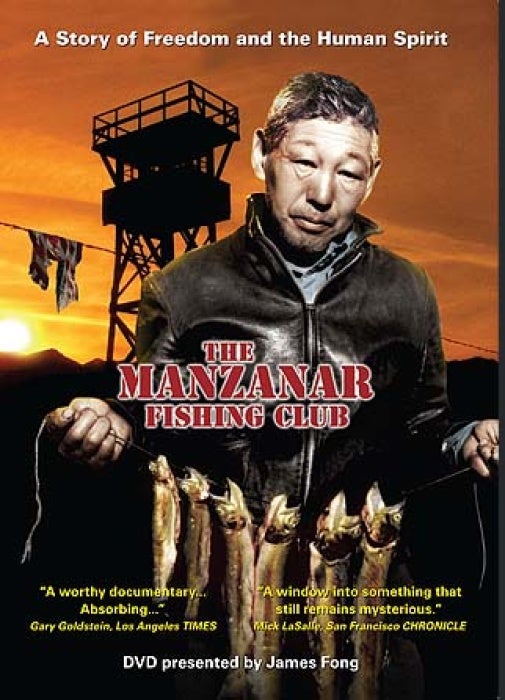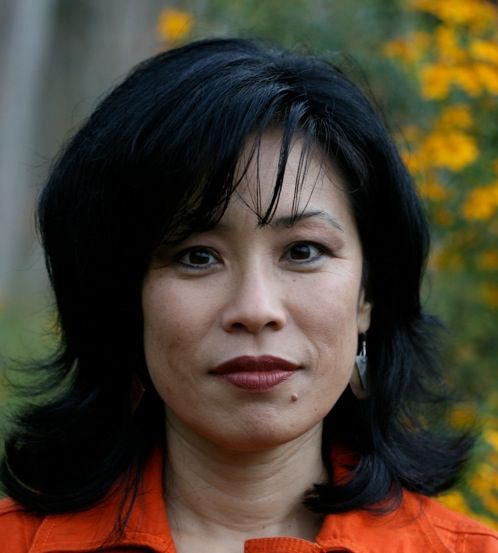
Gone Fishing


To commemorate the 75th anniversary of the World War II incarceration of Japanese Americans, UC Santa Barbara’s Nikkei Student Union will present the documentary “Manzanar Fishing Club” as part of a Day of Remembrance on Tuesday, Feb. 21.
The film depicts the true story of Japanese Americans who escaped internment camps under the cover of darkness — defying the armed guards, barbed wire and searchlights — “to find freedom and adventure, matching wits with the prized trout” in the Sierra Nevada mountains, according to the Nikkei Student Union. The film examines the innovative ways Japanese American internees created community, pushed back for democracy and gave new meaning to the term “Gone Fishing.”
The event is particularly timely, according to Diane Fujino, a professor of Asian American studies at UCSB. “It’s important, now more than ever, to recognize that groups of people have been and are presently targeted for registration, arrests, detention, deportation, and incarceration based not on any wrong doing, but on race or other discriminatory practices,” she said. “The Japanese American community has long voiced ‘Never Again’ to showcase the importance of remembering this mass incarceration to prevent such atrocities from taking place again.”
Enacted by Executive Order 9066 on Feb. 19, 1942 — 10 weeks after the Japanese bombed Pearl Harbor — internment camps displaced more than 100,000 people of Japanese ancestry. The order was signed and issued by President Franklin D. Roosevelt.
“People lost their homes, lost jobs and farms and life savings, were removed from schools, and faced enormous stress which resulted in mental and physical illness,” said Fujino. “My own parents and grandparents were some of the people who were placed in these concentration camps.”
In 1988, Congress passed the Civil Liberties Act, which granted reparations to those affected by Executive Orer 9066. “Instead of blaming Japanese Americans, it cites racism, wartime hysteria and the failure of political leadership as responsible for the removal of Japanese Americans,” Fujino said. “This also important in the healing process for the Japanese American community, which felt long stigmatized for being treated like the enemy.”
The Day of Remembrance program, which is free and open to the public, includes a discussion with the film's director, Cory Shiozaki, and a former internee, Mas Okui. The event is at 6 p.m. at the UCSB MultiCultural Center.



